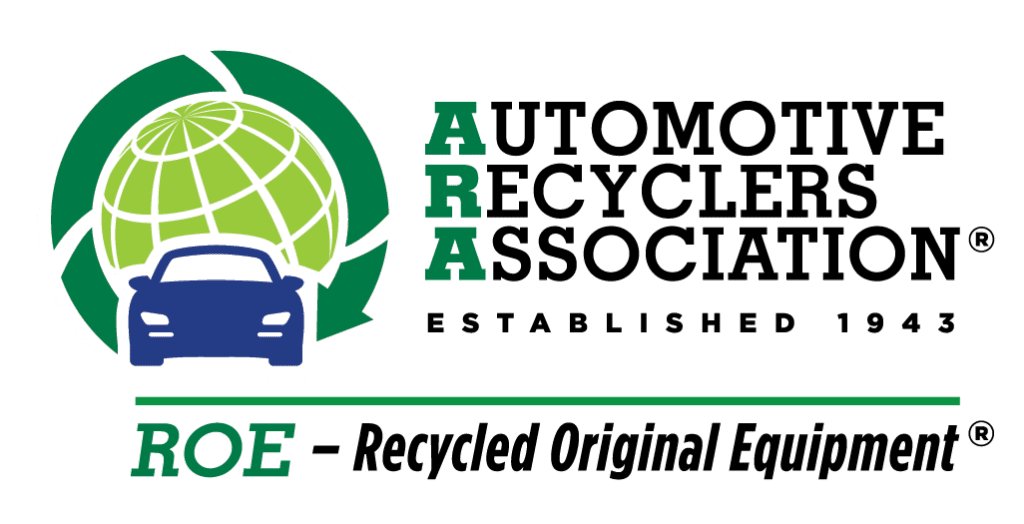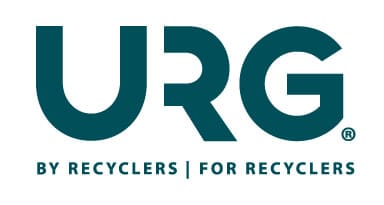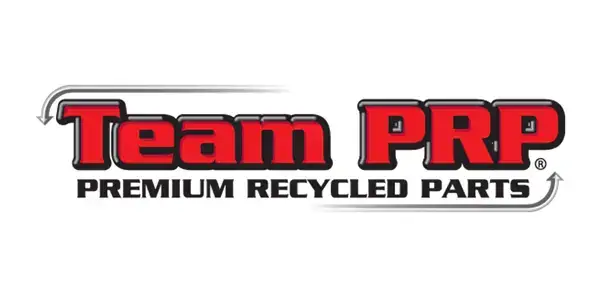Car Guide: How to Get Rid of a Junk Car
Your vehicle may not be roadworthy anymore, but that doesn’t mean it isn’t worth some money!
If you’ve got an old, out-of-commission car taking up space in your garage, it’s time to turn that clunker into cash.
Yet, it isn’t as easy as finding a buyer and handing over your keys. Before you sign on the dotted line and drive away, it’s important to know the process to follow.
Today, we’re sharing how to get rid of a junk car, in five easy steps! Ready to learn more? Let’s get started!
Finding a Buyer for Your Car
Before you can begin the process of preparing your junk car, you’ll need to find a buyer first!
The good news? You’ll have plenty of options when you’re ready to begin.
First, you can sell your car yourself to a private party or a salvage yard. This is a preferred route, as it gives you the most control over how much you earn. It’s smart to research the value of your vehicle and do your due diligence before selling it online or in-person.
You can also donate your car to charity, dismantle it for parts, or sell it to a junk removal service that will pick it up and pay you cash.
How to Get Rid of a Junk Car
When you find the right buyer, you’re ready to take care of the next steps. Here’s a list of what to do first.
1. Remove Your Personal Items
Once you’ve found a buyer for your junk car, it’s time to take one last look around.
Cars are like houses. Try as you might to keep them clean, your personal items end up on the floorboard, in the trunk, and between the seats.
Take the time to clean your car before you sell it.
While you’re at it, resist the urge to leave any unwanted items inside, especially if they’re heavy. This extra weight can strain the transmission and if you’re already dealing with a run-down vehicle, the stress can be too much to bear.
Remember, your car may be junky but it isn’t a dumpster. Don’t expect the buyer to dispose of your personal gear. In addition to the obvious places, also be sure to check inside the glove box, under the mats, and anywhere else you may have stashed important documents.
2. Take Care of Paperwork
Before your car changes hands, it’s up to you to take care of all the required paperwork.
Start by canceling your insurance. Then, return your license plates.
Next, obtain a valid title for your car. You won’t be able to transfer ownership of your vehicle without it. While it’s possible to sell your car without a title, it’s a complicated process.
Your car may not have an in-date title if it’s an antique one that’s been handed down through generations. Contact your local Department of Motor Vehicles (DMV) to learn how to get the new title you need.
Why is this step important? Unless you transfer the title to the new owner, you’ll still own the vehicle. If anything happens to it or because of it, you could be liable.
Some states won’t require you to have a title for a car that’s over a certain age. Your DMV office can fill you in on all these regulations.
3. Sell Your Valuable Components
You should sell your car to a buyer based on the condition that you described it in. You don’t want to advertise that it has all four tires, and then tow it to its location with only two, for example.
However, if you’re giving the car away or turning it in for scrap metal, see if you can make a little more money off of it, first.
Do your tires still have a ton of tread left on them? Save them to resell and swap them out with cheaper versions with less expensive rims. Other components with resale value include your car’s battery, as well as navigational units and stereo systems.
4. Don’t Forget License Plates
You may be in a hurry when the buyer picks up your car. If it’s disabled and parked at a service station, for instance, everyone will be scrambling to complete the transaction, pay the tow truck driver, and move on.
In that rush, you may forget to remove the vehicle’s license plates. Make a note to take these off before anyone drives away.
Each state has its own rules concerning what you can do with those old plates. Some will require you to return the plates to your local DMV before you can cancel the vehicle’s registration or insurance policy.
5. Use Your Gas
In some cases, your car may be out of commission and unable to run. However, if it can still travel from Point A to Point B, use up your gasoline before selling it.
Why?
A salvage yard will have to drain all the fluids out of your vehicle before recycling it or scrapping it for parts, anyway. Plus, someone paid for that gas at some point, so it’s wise to use it up if you can.
We’ll Buy Your Junk Car
Ready to get that old sedan out of your shed? Tired of looking at that dilapidated jalopy on the driveway? Looking at your broken-down pile of rust and wondering how to get rid of a junk car?
Let us help.
We’re the largest automobile recycler in the Rochester area. We’re known for our high offers, our excellent reputation, and our commitment to quality.
Tell us all about your vehicle using this form to get started. Your junk is our jewel so let’s make a deal!



